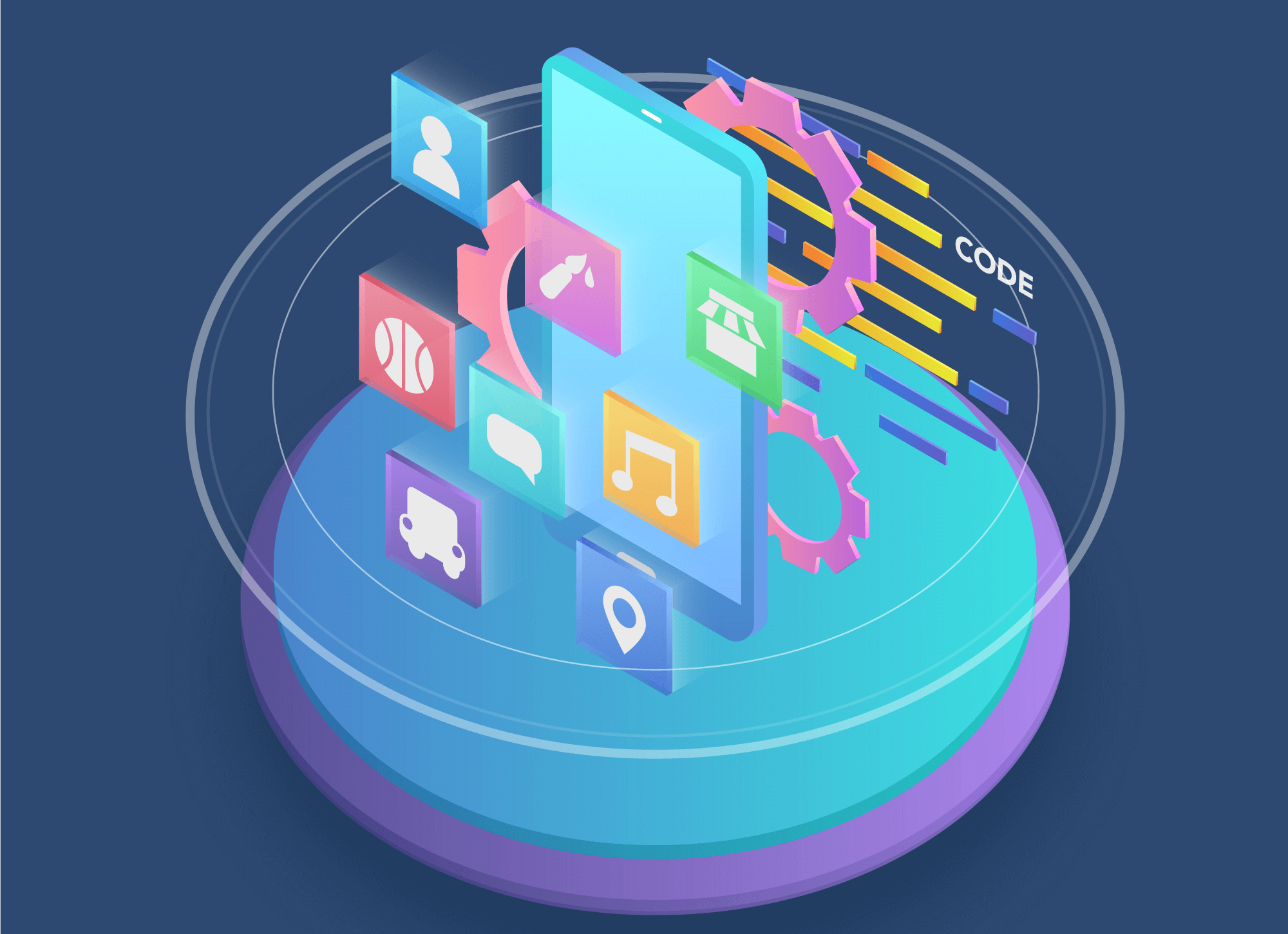In the fast-paced world of Android app development, choosing the right programming language is crucial for success. From time-tested languages to emerging stars, developers face a plethora of choices. In this article, we’ll explore the top 10 best Android app development languages for 2024, providing insights into their strengths, use cases, and future trends.
Introduction
In the sprawling realm of mobile app development, the choice of programming language significantly impacts the efficiency, performance, and success of an application. With the dynamic landscape of Android app development, staying abreast of the latest languages is essential for developers aiming to create cutting-edge and competitive applications.
- Java: The Evergreen Choice
Java, with its longstanding presence in the Android ecosystem, remains a cornerstone for app developers. Despite the emergence of newer languages, Java’s reliability, extensive libraries, and robust community support make it a perennial favorite.
2. Kotlin: Rising Star of Android Development
Kotlin has rapidly ascended as a popular alternative to Java, offering concise syntax, enhanced safety features, and seamless interoperability. Its rise is marked by its endorsement as the official language for Android app development by Google.
3. Swift: Bridging the Gap with iOS
Swift, initially designed for iOS development, has found its way into Android app development, especially for projects targeting both platforms. Its modern syntax and powerful features make it an attractive option for cross-platform development.
4. C++: Power and Performance
For resource-intensive applications, C++ continues to be a go-to choice. Its low-level capabilities and efficient memory management make it suitable for games, graphics, and applications demanding high performance.
5. Python: Beyond the Web
While traditionally associated with web development, Python is making inroads into Android app development. Its simplicity and versatility are appealing, although developers should weigh its performance against more traditional languages.
6. Dart: The Language Behind Flutter
Dart, coupled with the Flutter framework, has gained traction for building natively compiled applications. Its hot-reload feature and expressive syntax make it a valuable asset for developers seeking productivity.
7. JavaScript: Web Technologies on Mobile
JavaScript has expanded its domain beyond web development to mobile through frameworks like React Native. Leveraging existing web skills, developers can create Android apps with a familiar language, streamlining the development process.
8. Dark (the newest Android app development language)
Dark is a trending programming language for the Java Virtual Machine (JVM). It was originally developed at Facebook as an experimental tool for doing research on software performance. It was designed to be used together with the open-source Datalog big data analysis language, but Dark is not limited to this use case. Dark is one of the best game development software tools. So, developing in the Dark programming language (DARK) is ideal for quick prototyping and the creation of games. It’s easy to use, offers a fast learning curve, and is designed for rapid development.
9. Python
Python, a high-level, interpreted, and object-oriented programming language, is one of the top choices for web app development. Guido van Rossum created it in 1991, and since then, it has gained immense popularity in the programming world.
10. Corona
Corona is a cross-platform framework highly regarded in the realm of Android app development for 2023. This versatile framework empowers developers to create both 2D games and applications with remarkable ease and efficiency.
- Understanding Rust Programming Language
Rust, conceived at Mozilla, has gained significant traction for its emphasis on safety without sacrificing performance. Boasting a robust and modern syntax, Rust has become a favorite among developers working on systems programming, embedded systems, and performance-critical applications.
- Ruby Motion: An Overview
On the other hand, Ruby Motion offers a dynamic and expressive alternative. Based on the popular Ruby language, Ruby Motion is known for its simplicity and developer-friendly syntax. Initially designed for iOS app development, Ruby Motion has expanded its reach to various platforms.
Go: Efficiency and Simplicity
Go, known for its efficiency and simplicity, is gaining attention in the Android development community. Its concise syntax and focus on readability make it an appealing choice for projects where simplicity and speed are paramount.
Rust: The Newcomer in the Scene
Rust, known for its emphasis on safety and performance, is a newcomer with potential in Android app development. Its unique features, such as ownership system, could bring a new dimension to building secure and efficient apps.
Trends and Considerations for 2024
Looking ahead to 2024, several trends are shaping the Android app development landscape. From the continued rise of Kotlin to the potential integration of new languages, developers should stay attuned to industry shifts for optimal decision-making.
Tips for Developers
For developers navigating the diverse world of app development languages, it’s essential to consider factors such as project requirements, team expertise, and future scalability. Diversifying skills across multiple languages can also open up new opportunities and enhance problem-solving abilities.
Case Studies
Examining successful apps and the languages that power them provides valuable insights. From performance-driven choices to strategic decisions for cross-platform compatibility, case studies offer real-world lessons for aspiring developers.
Future Innovations
As technology continues to evolve, the landscape of app development languages is likely to witness innovations. Whether through the integration of AI or the emergence of entirely new languages, developers should remain adaptable to stay ahead in the competitive field.
Conclusion
In the ever-evolving realm of Android app development, the choice of programming language is a critical decision that can impact the success of an application. Whether sticking to the reliability of Java or exploring the innovative potential of emerging languages like Rust, developers must stay informed and adaptable to navigate the dynamic landscape successfully.
GML Soft Labs emerges as the top app development company in Chennai through a combination of technological expertise, customer-centricity, and a commitment to excellence. Their unique approach, coupled with a strong focus on quality and innovation, sets them apart in a competitive industry.
Frequently Asked Questions (FAQs)
Q: Which is the best language for beginners in Android app development? A: Kotlin is often recommended for beginners due to its concise syntax and seamless interoperability with Java.
Q: Are there any specific industries where C++ is particularly advantageous for Android app development? A: C++ is commonly used in industries requiring resource-intensive applications, such as gaming and graphics.
Q: Can I use Swift for Android-only development, or is it primarily for iOS? A: While Swift was designed for iOS, it can be used for Android development, especially in projects targeting both platforms.
Q: Is there a significant performance difference between Java and Kotlin for Android app development? A: While both languages offer high performance, Kotlin’s concise syntax and modern features can contribute to more efficient development.
Q: How can developers stay updated on the latest trends in Android app development languages? A: Developers can stay informed through industry blogs, conferences, and actively participating in online developer communities.
 seolounge
seolounge
